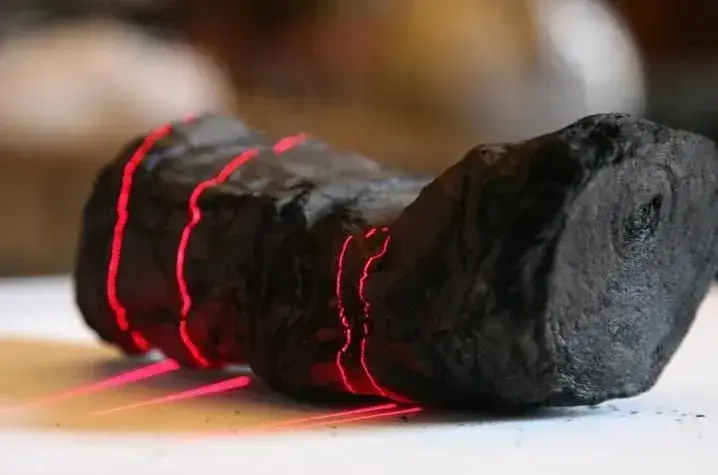In a remarkable blend of the past and future, artificial intelligence (AI) is unlocking secrets from ancient times. Under the looming presence of Italy’s Mount Vesuvius, the ancient city of Herculaneum holds a treasure trove of knowledge in the form of carbonized papyri. These delicate scrolls, dating back to the early centuries AD, have now begun to divulge their contents, thanks to the pioneering efforts of young researchers employing AI.
The Herculaneum Papyri: A Brief Overview
The catastrophic eruption of Mount Vesuvius in 79 AD encapsulated the city of Herculaneum in a deadly shroud of ash and gases. Among the preserved remnants are hundreds of papyrus scrolls in a villa believed to be a rich man’s library. These scrolls, now known as the Herculaneum Papyri, have tantalized scholars for centuries. However, unrolling these fragile artifacts can cause irreparable damage, leaving their secrets untouched for nearly two millennia.
AI: The Key to Unveiling Ancient Wisdom
The traditional barriers in studying the Herculaneum Papyri seemed insurmountable until the advent of AI. A remarkable breakthrough came from a 21-year-old coder, who developed an AI algorithm capable of peering through the carbonized layers of the scrolls. The technology, known as machine learning, was able to recognize and interpret the obscured ancient text without physically unrolling the scrolls, thus preserving their integrity.

The AI algorithm utilizes a type of machine learning known as supervised learning. Through this method, it was trained on known characters from similar texts. The algorithm then applied this knowledge to decipher the unreadable sections of the scrolls, illuminating texts that have not seen the light of day in over 2000 years. This venture not only bridges the gap between the ancient and digital eras but also opens a new frontier in the field of archaeology and digital humanities.

Implications and Future Endeavors
The success of this project signifies a giant leap in the preservation and study of ancient texts. It showcases the potential of AI in archaeology, specifically in the analysis and interpretation of fragile artifacts. The pioneering work also sets a precedent for future endeavors in employing AI to uncover lost knowledge from other archaeological sites around the globe.
The project’s novelty and success emanate from the harmonious blend of youthful ingenuity and advanced technology. It stands as a testament to the boundless possibilities that AI holds in unraveling the mysteries of bygone eras, bringing the past into a dialogue with the present and future.
Sources: Time Smithsonian


Leave a Reply